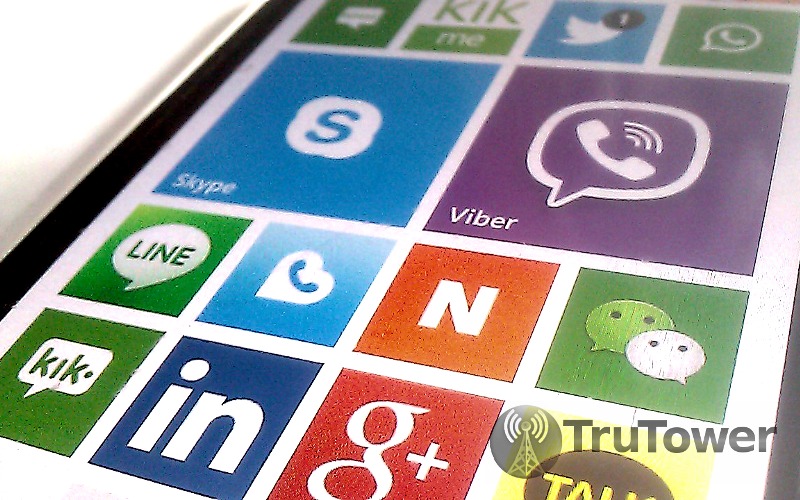After being banned by Jamaican carrier Digicel over what can easily be described as mobile carrier greed, it appears that Viber and other VoIP applications that were banned by Digicel are now back online, as the TATT (Telecommunications Authority of Trinidad and Tobago) has recommended that the carrier put its plans to block the apps on hold, which comes after the Authority had launched an investigation due to complaints coming from the carrier’s actions.
“Digicel has been engaged by the authority and has sought to relay its concerns relating to the use of these applications and the attendant impact they have on consumers in T&T,” Digicel said in a release. “Digicel shall continue to engage with the authority and very much welcomes the opportunity that has been provided to communicate its position and concerns.”
TATT requested that Digicel put its blocking plans on hold while the investigation continues, which could mean the block could be implemented at some point:
“Digicel is willing, in light of the authority’s commitment to carefully review these matters in consultation with the industry, to accede, effective July 9, to the authority’s request in the interim period whilst preserving its rights in relation to the matter generally.”
TATT confirmed it had started an investigation into complaints related to the alleged blocking of VoIP applications
In its own release, TATT confirmed it had started an investigation into complaints related to the alleged blocking of VoIP applications by Digicel.
“At this time, the authority has engaged Digicel and acknowledges the constructive manner of Digicel’s response to date.
“Whilst the investigative process is ongoing, the authority will discuss the fundamental issues relating to the use of number-based VoIP applications. These issues certainly require further investigation and detailed consideration on the part of the authority.”
It added that it had asked Digicel to reconsider its decision to block the service because it believed all consumers should be treated equally in the interim.
“Whilst the authority has made no determination or decision in the matter, we believe that the maintenance of the provision of these services in the interim period would be in the best interest of all stakeholders and will allow the authority time to engage in this process in a calm and constructive manner.”
Digicel had barred customers’ access to the services over the weekend, saying “unlicensed VoIP operators, like Viber and Nimbuzz, use telecoms networks to deliver their services but they do not pay any money for the privilege,” which is an awfully familiar tune coming from carriers that aren’t able to find common ground or make unique monetization deals with VoIP app providers. We’ve seen such deals between Nimbuzz and carriers in India as well as Skype and carriers in the U.S.
Digicel claims the usage of VoIP apps “puts enormous pressures on bandwidth” and yet higher bandwidth consuming activities like streaming from YouTube and Pandora are still allowed.
All in all, it’s a mess that has carriers on one side and mobile VoIP apps on the other, while consumers are caught in the middle much like they were this past weekend.

